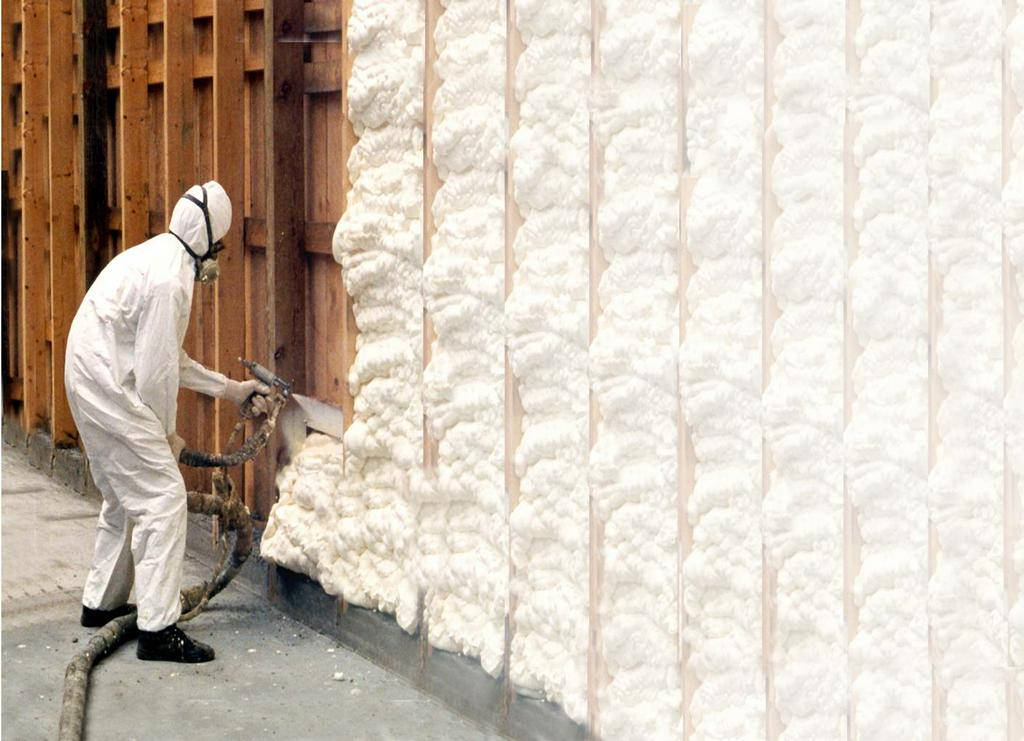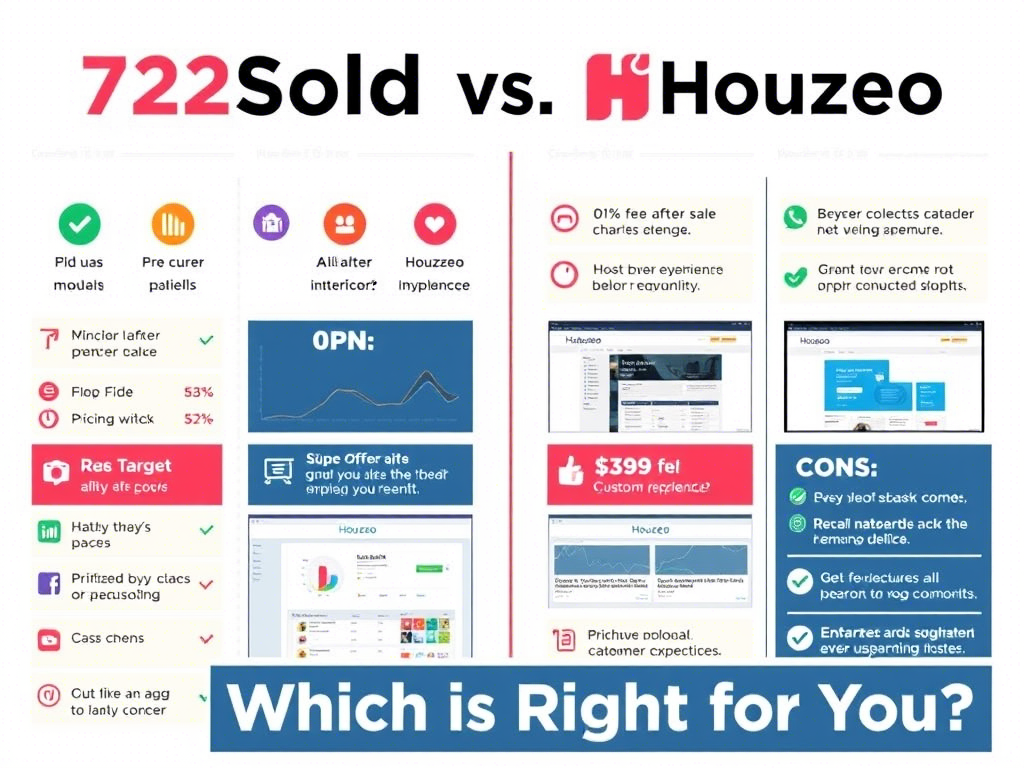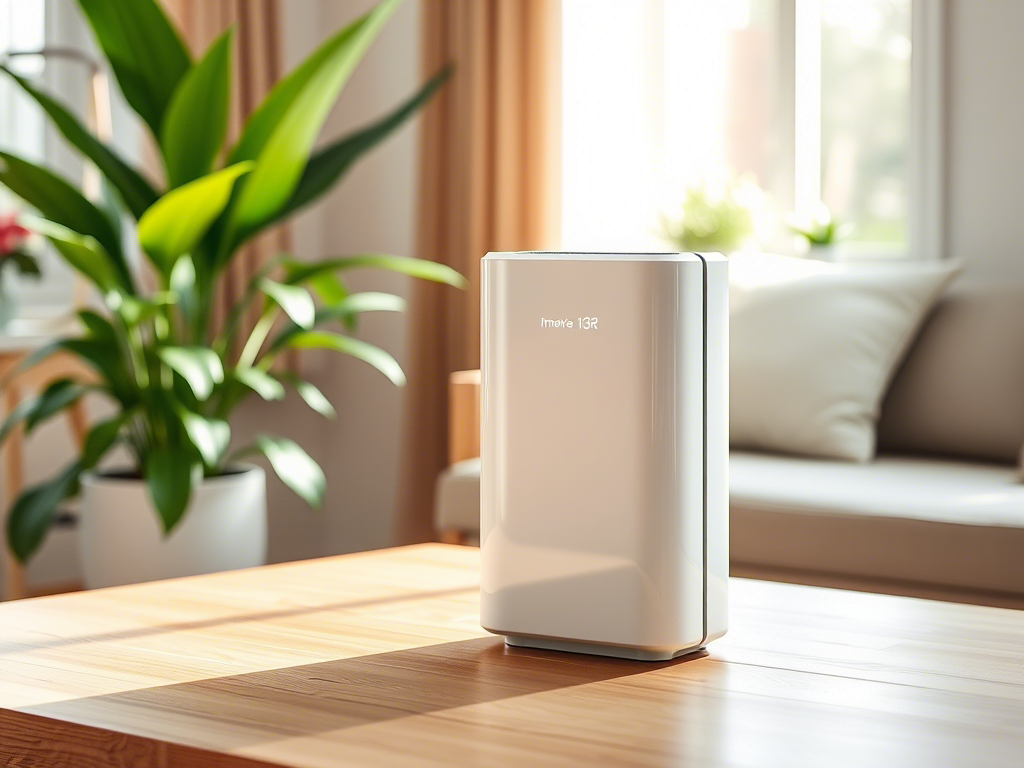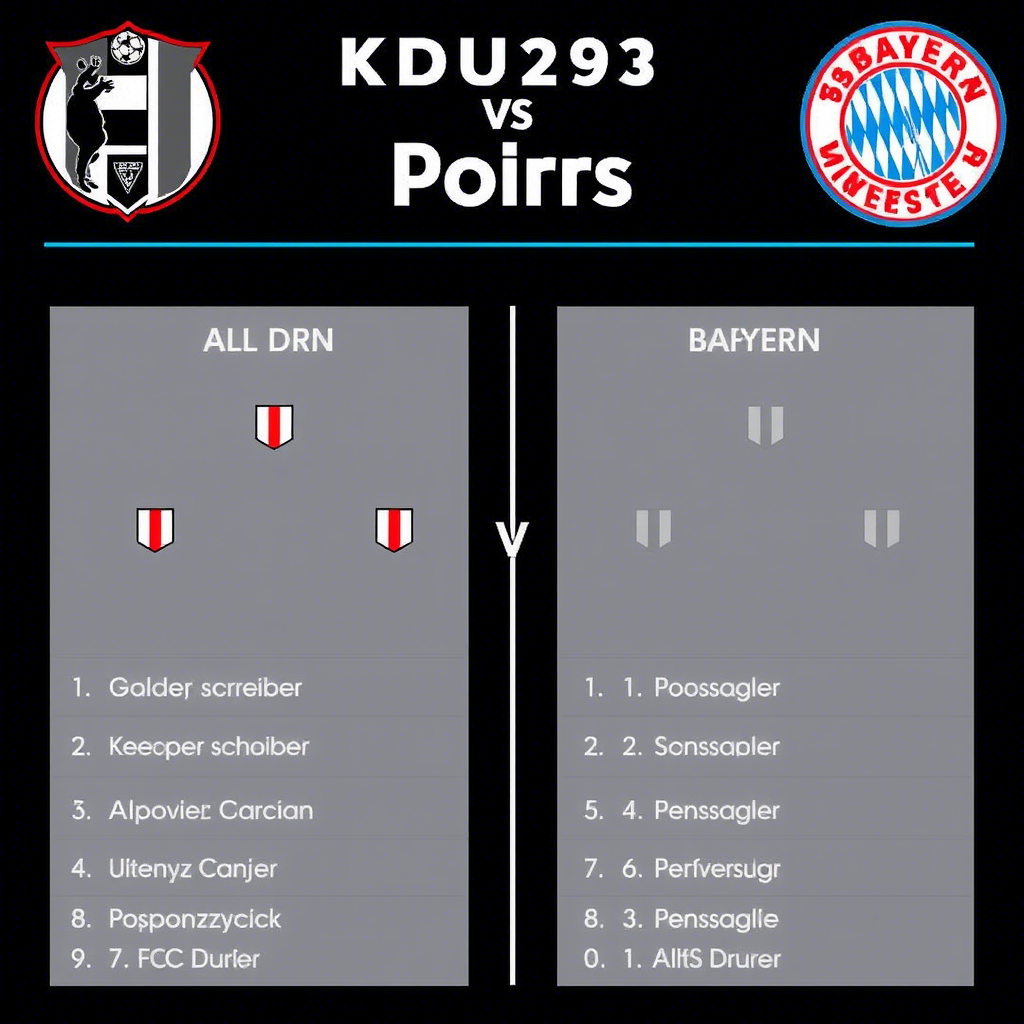
Spray foam insulation is a highly effective and popular option when insulating your home. There are several different types of spray foam insulation on the market. However, not all spray foam insulation is created equal. Choosing the right type for your home is essential before investing money in insulating your home. In this blog post, we’ll discuss the advantages of spray foam insulation. Also, we’ll explore different types of spray foam insulation available on the market today. This will help you make an informed decision that will save you money and improve the comfort and energy efficiency of your building. Moreover, you can hire a spray foam insulation company to help you insulate your home properly. For more information, visit here.
What is Spray Foam Insulation?
Spray foam insulation is a type of insulation made from polyurethane and polyisocyanurate foam. It is applied as a liquid that expands and hardens into a solid foam when it comes into contact with air. The foam adheres to surfaces and fills in gaps. It creates a seamless barrier that prevents air and moisture from penetrating the building envelope. Spray foam insulation can be applied to various surfaces, including walls, roofs, and attics. It can be used to insulate both residential and commercial buildings.
What are the Benefits of Spray Foam Insulation?
Spray foam insulation offers a wide range of advantages, making it a popular choice among homeowners and building professionals. Here are some of the advantages of spray foam insulation in more detail:
1. Excellent Insulating Properties
Spray foam insulation is known for its excellent insulating properties. It has one of the highest R-values of any insulation material, providing a high thermal resistance level. This helps to keep the building’s interior comfortable by reducing the amount of heat transfer between indoor and outdoor environments.
2. Air Sealing
Spray foam insulation is a great option for air sealing. When applied, it expands and fills gaps and cracks, creating a complete air barrier that helps to prevent air leakage. This can significantly improve energy efficiency and indoor air quality. It is helpful, particularly in colder climates, where heat loss due to air leakage can account for a significant portion of a building’s energy costs.
3. Moisture Control
Spray foam insulation is also an effective moisture barrier. It can help prevent mold growth and other moisture-related problems by creating an airtight seal. That can help to keep out moisture and prevent it from accumulating inside walls and other spaces.
4. Long-lasting
Spray foam insulation is highly durable and long-lasting. Once it is applied, it does not settle or shift over time. It will maintain its insulating properties for many years. Spray foam insulation is not susceptible to damage from rodents or insects. Because it is a solid, closed-cell material, pests cannot burrow or make nests inside it.
5. Versatile
Spray foam insulation can be applied to a wide range of surfaces. It is suitable for use in both new construction and retrofit applications. It can also insulate roofs, walls, attics, and crawl spaces.
6. Sound Insulation
In addition to thermal insulation, spray foam insulation is an effective sound insulator. It can help to reduce noise transmission between rooms and from outside the building.
7. Environmentally Friendly
Spray foam insulation is an environmentally friendly insulation option. It can help to reduce energy consumption, leading to a reduction in greenhouse gas emissions.
What Are The Types Of Spray Foam Insulation?
There are two main types of spray foam insulation:
- Open-cell and
- Closed-cell.
![]()
Both types of spray foam insulation have unique benefits. Choosing the right one for your project depends on several factors, including the location, budget, climate, and building insulation needs. Here’s an overview of each type of spray foam insulation and its benefits:
Open-Cell Spray Foam Insulation
Open-cell spray foam insulation is a type of insulation material used to fill gaps, cracks, and cavities in buildings. It allows air to fill spaces within the material, giving it a softer and more flexible texture. Open-cell spray foam insulation has a lower density than closed-cell foam. Here are some of the benefits of open-cell spray foam insulation:
Cost-Effective: Open-cell spray foam insulation is generally less expensive than closed-cell foam, making it a more affordable option for some projects.
Sound Dampening: It is an effective sound barrier. It can help to reduce noise transmission between rooms and from outside the building.
Suitable for Interior Use: Open-cell spray foam insulation is an ideal choice for interior walls and ceilings because of its soft and flexible texture.
Closed-Cell Spray Foam Insulation
Closed-cell spray foam insulation is a type of foam insulation made up of completely closed cells. The cells are compacted together so that air and moisture cannot penetrate the foam. As a result, closed-cell foam is considerably more rigid and stable than open-cell foam. The benefits of closed-cell spray foam insulation including:
High R-Value: Closed-cell spray foam insulation has a higher R-value per inch than open-cell foam, providing better insulation.
Superior Air Sealing: It creates a complete air barrier, sealing up all gaps and cracks that allow air to escape or infiltrate a building. This can significantly improve energy efficiency and indoor air quality.
Suitable for Exterior Use: Closed-cell spray foam insulation is ideal for exterior use because it is moisture-resistant and can withstand harsh weather conditions.
Prevents Water Infiltration: Closed-cell spray foam insulation is an effective barrier against water infiltration, which can help to prevent water damage and mold growth.
Spray foam insulation is the best way to insulate homes and buildings, as it provides a high level of insulation and can help reduce energy costs. It is essential to consult a professional insulation contractor to determine which type of spray foam insulation is right for your specific needs. Regardless of the type chosen, proper installation and maintenance are key to ensuring the insulation works effectively and efficiently.



















